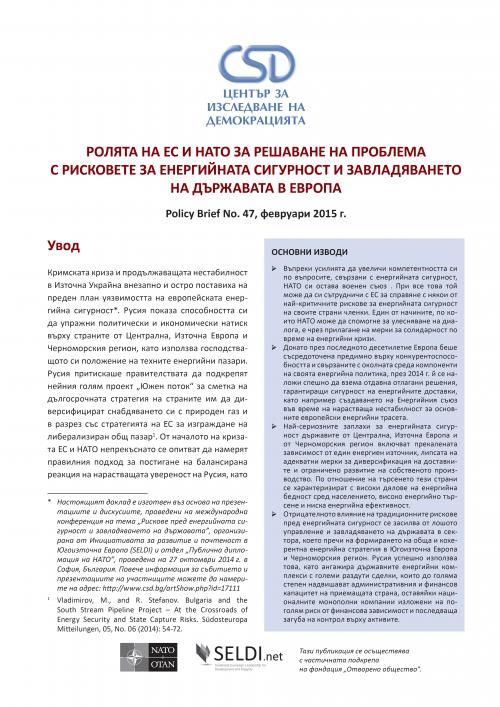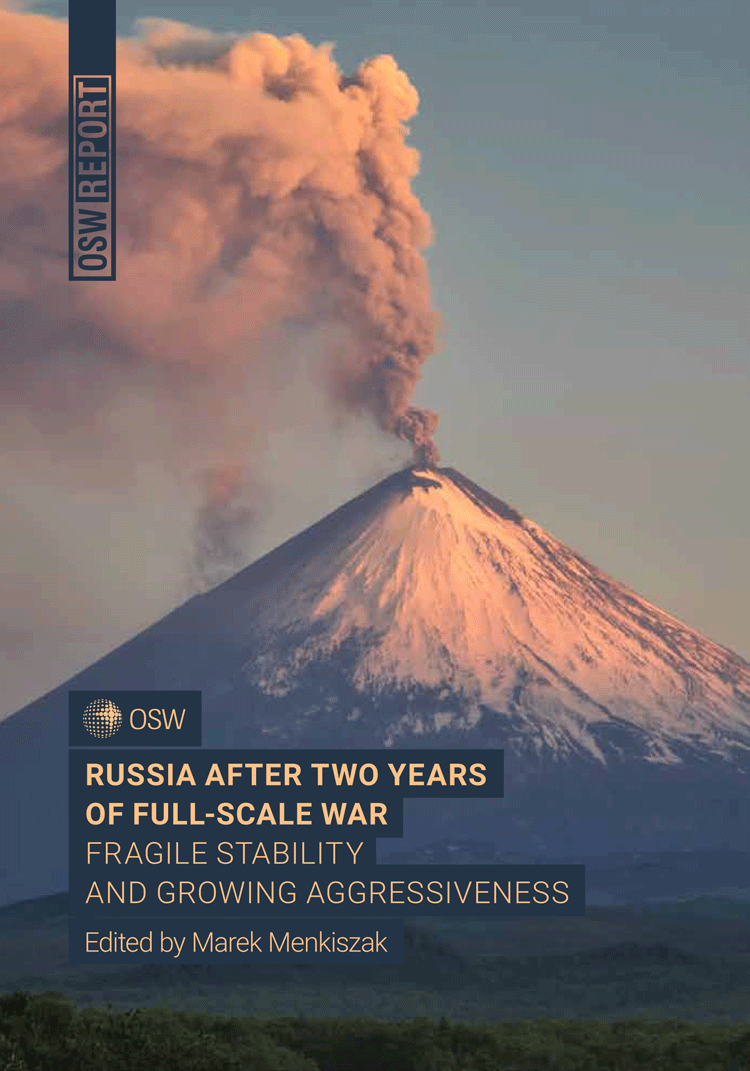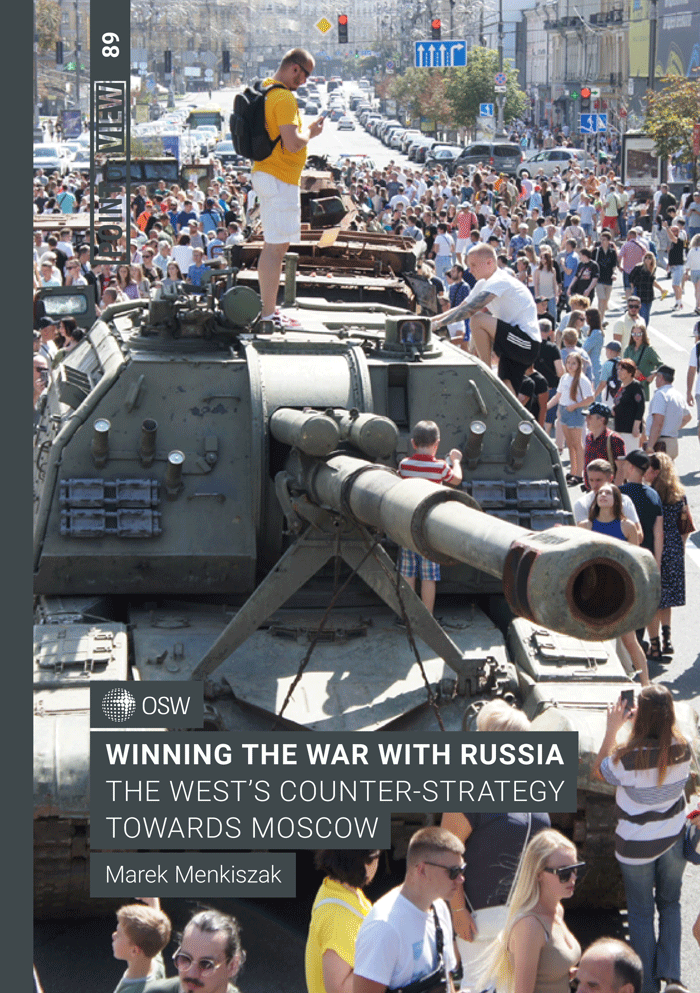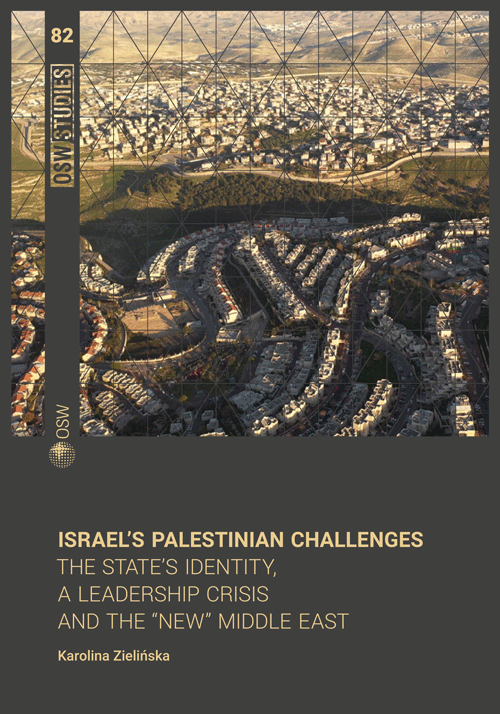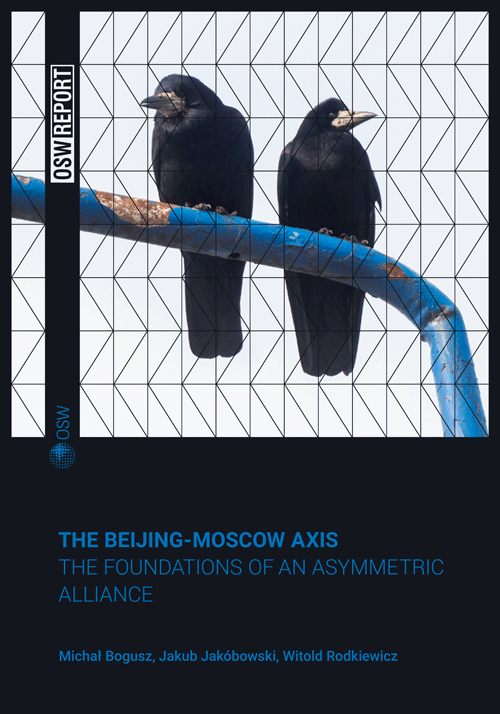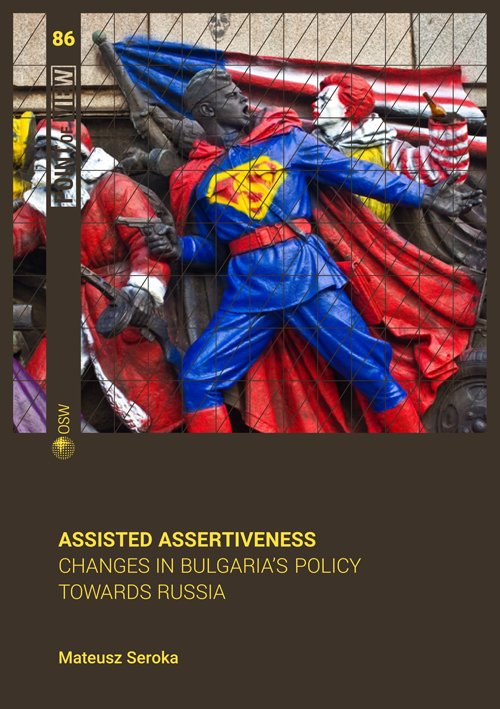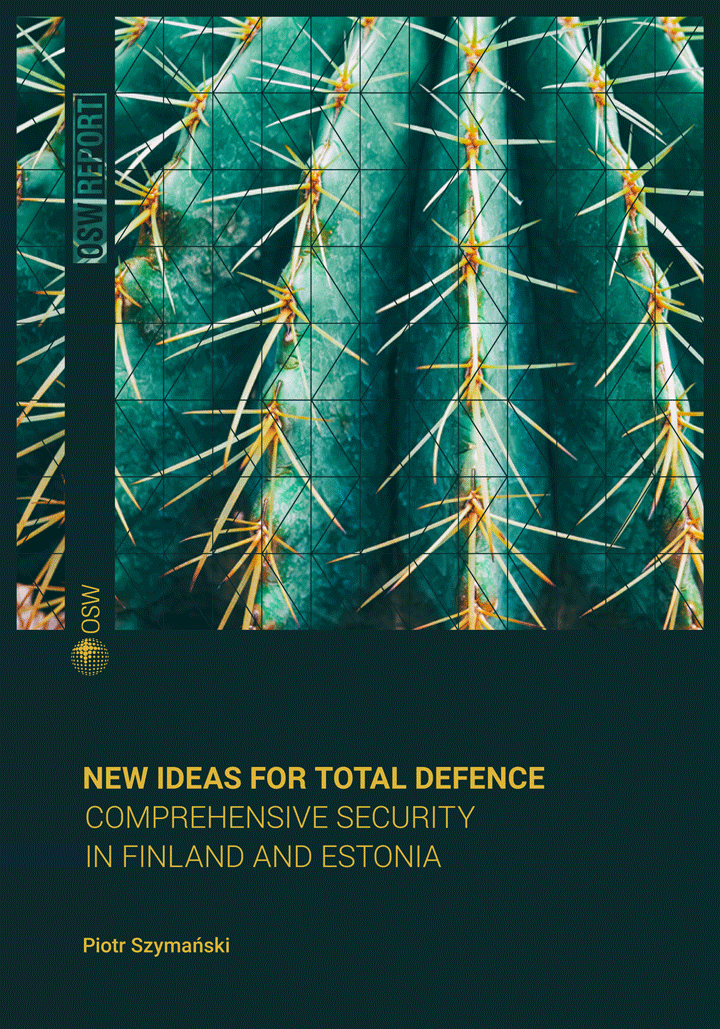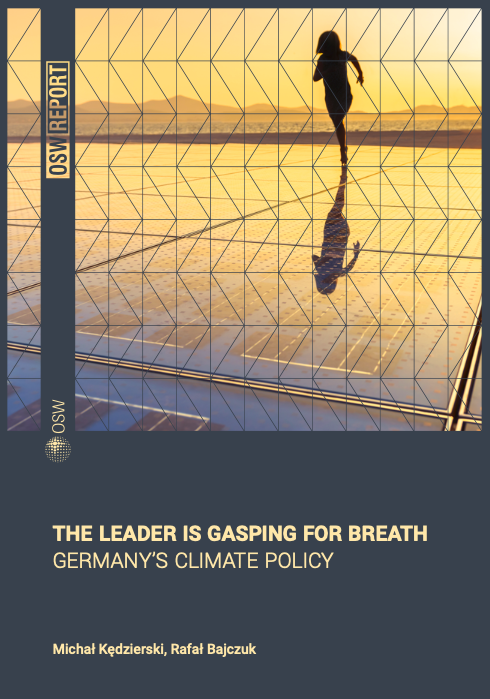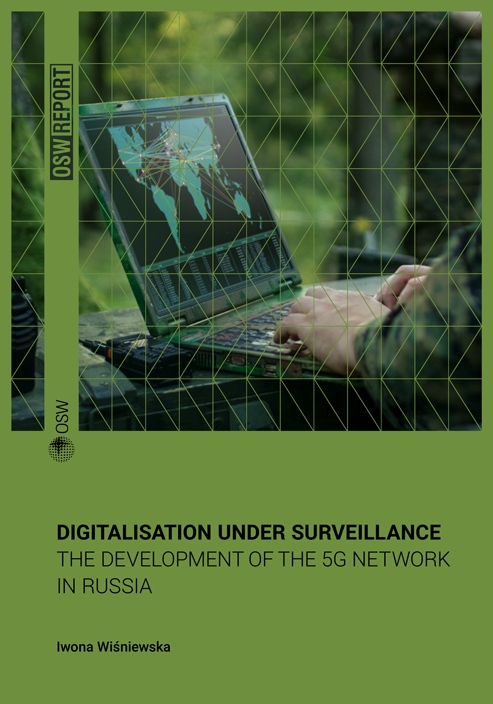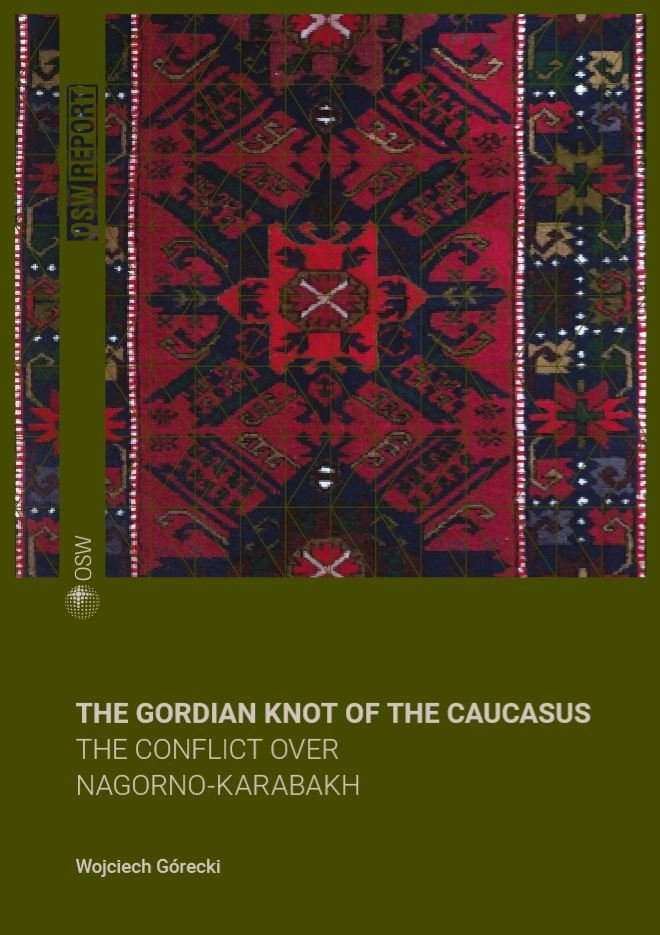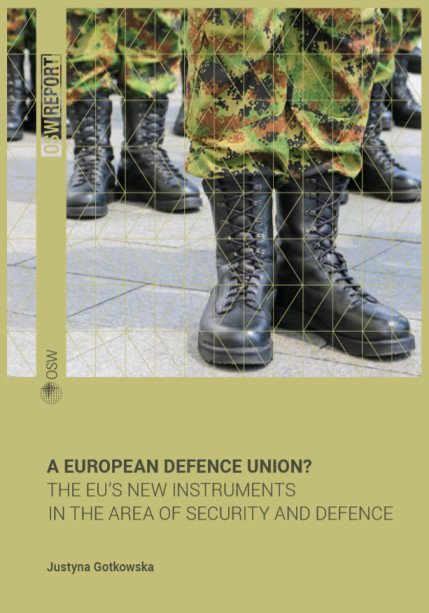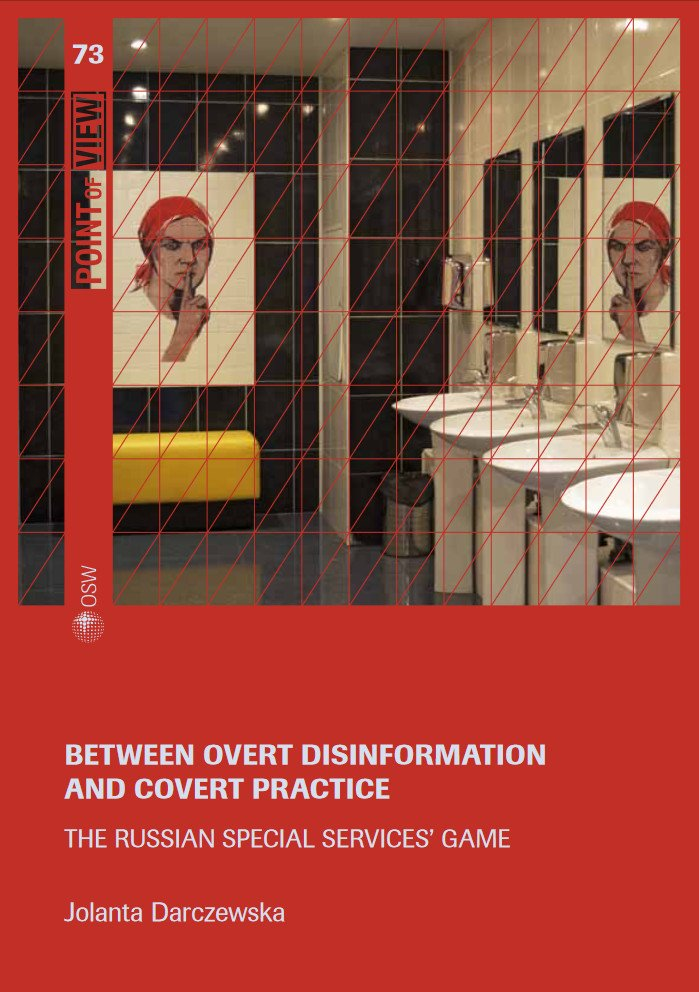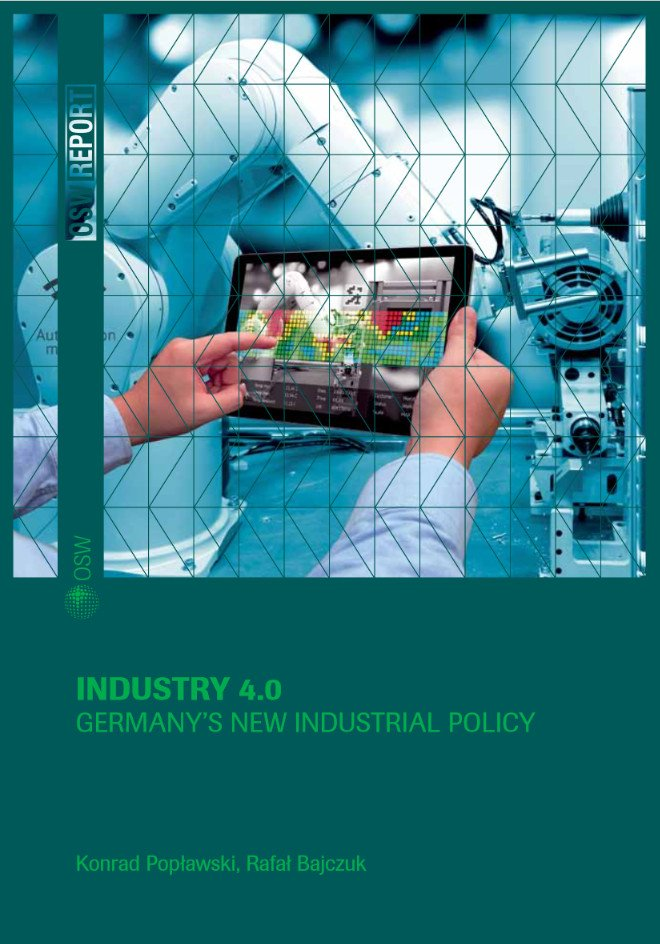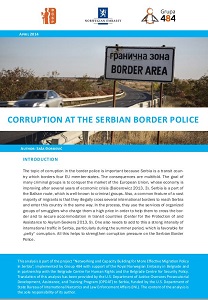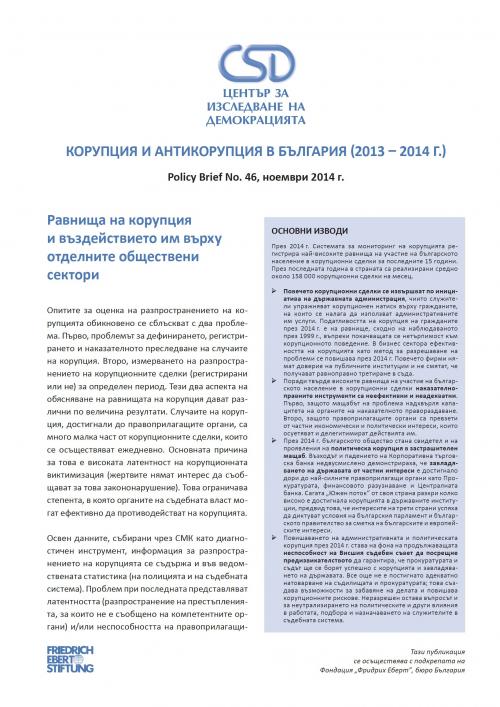
Политически брифинг № 46 на CSD: Корупция и антикорупция в България (2013 – 2014 г.)
The policy brief makes an overview of the levels of corruption and the impact of corruption on the societal sectors. In 2014, the Corruption Monitoring System has recorded the highest levels of involvement of the Bulgarian population in corruption transactions in the last 15 years. In the past year Bulgarians have conceded to being involved on average in roughly 158 thousand corruption transactions monthly. Most corruption transactions have been initiated by the administration through exerting corruption pressure on those seeking public services. The public’s susceptibility to corruption in 2014 is similar to 1999 despite the increase of intolerance to corrupt behaviour. In the business sector corruption’s effectiveness for solving problems has grown in 2014. Most companies do not trust public organisations and do not consider they are treated equally in courts.
More...
